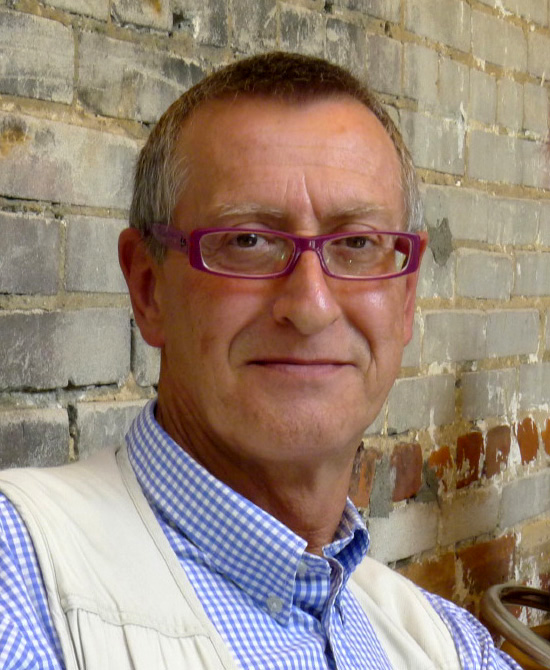Search Results - Sellato, Bernard
Bernard Sellato
 Bernard Sellato was born in 1951, holds an M.Sc. in Geology from ENSG (Ecole Nationale Supérieure de Géologie) in Nancy, France, and a Ph.D. in Anthropology from the EHESS (Ecole des Hautes Etudes en Sciences Sociales) in Paris. He spent many years in Kalimantan (the Indonesian portion of Borneo) researching history, languages and cultures.
Bernard Sellato was born in 1951, holds an M.Sc. in Geology from ENSG (Ecole Nationale Supérieure de Géologie) in Nancy, France, and a Ph.D. in Anthropology from the EHESS (Ecole des Hautes Etudes en Sciences Sociales) in Paris. He spent many years in Kalimantan (the Indonesian portion of Borneo) researching history, languages and cultures.After his first trip to Borneo in 1973–75, Sellato spent many years traveling, mostly by canoe and on foot, and researching linguistics and anthropology among former forest nomads and slash-and-burn farmers in the Müller Mountain Range and other parts of Kalimantan. He was adopted by an Aoheng family under the name Suling Dirung.
In 1988, Sellato was commissioned by the petroleum company Elf Aquitaine to write a coffee-table art book on Borneo, which took a year of research and writing – the resulting work, the bilingual illustrated ''Hornbill and Dragon'' was published in 1989, with a second edition published in 1992. His latest edited book, “Plaited Arts from the Borneo Rainforest”, commissioned by Total E&P Indonésie, was published in 2012.
In addition to writing six books himself, Sellato has also edited or co-edited six more books and contributed a number of articles about Borneo to books and journals. He is a former director of the Institute for Research on Southeast Asia (CNRS and Universite de Provence) in Marseilles, France and was the editor of the bilingual journal “Moussons: Social Science Research on Southeast Asia” from 1999 to 2008.
Sellato is a well-respected expert in his field – according to Simon Strickland's review of ''Innermost Borneo: Studies in Dayak Cultures'' (2002) in the ''Journal of the Royal Anthropological Institute'', Sellato's studies have contributed significantly to knowledge of the nomadic tribes of Borneo, despite the ethnographic and historical complexities of the field. In 2004, Bernard Sellato was awarded the Borneo Research Council Medal for his “extensive contributions to the study of Borneo societies and cultures” over 30 years. Provided by Wikipedia


